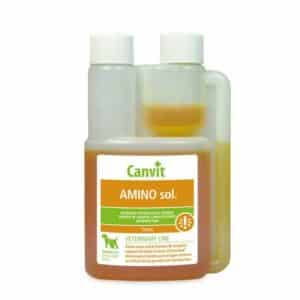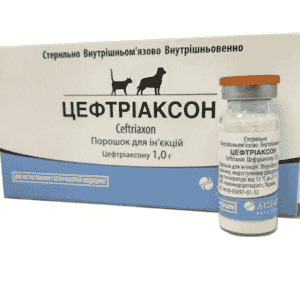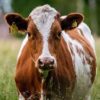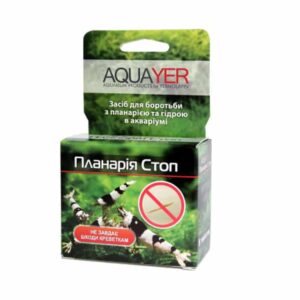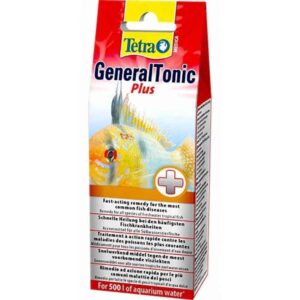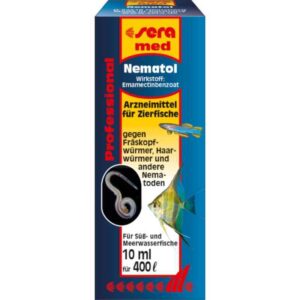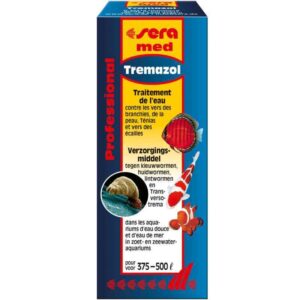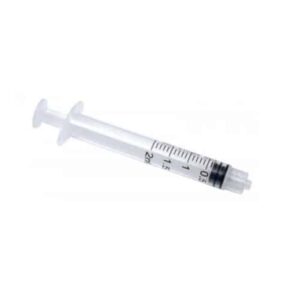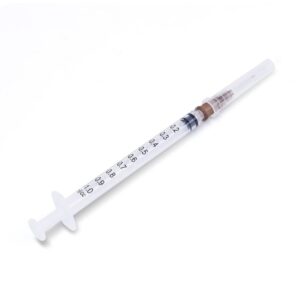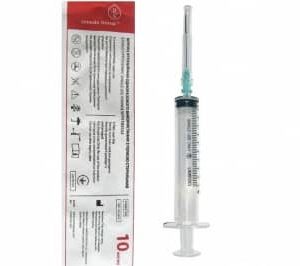 There has been intense media interest this week in whether dogs and cats can be fed vegetarian or vegan diets and if feeding such a diet could lead to pet owners getting prosecuted under the provisions of the UK’s animal welfare acts. Apart from coverage in The Guardian and the Daily Express, BVA President Dr Justine Shotton also appeared on BBC 5 Live today to answer questions and share advice for pet owners (from 1:27:00).
There has been intense media interest this week in whether dogs and cats can be fed vegetarian or vegan diets and if feeding such a diet could lead to pet owners getting prosecuted under the provisions of the UK’s animal welfare acts. Apart from coverage in The Guardian and the Daily Express, BVA President Dr Justine Shotton also appeared on BBC 5 Live today to answer questions and share advice for pet owners (from 1:27:00).
Commenting on BVA’s position on vegan or vegetarian diets for dogs and cats, Dr Shotton said:
“As an animal welfare-focused profession, we welcome pet owners taking an interest in the sourcing and ethics of their dog’s food, but it is important to remember that when feeding our pets, a nutritionally balanced diet is essential.
“Meat contains vital vitamins and nutrients needed by cats and dogs. Although we would not recommend it, it is theoretically possible to feed a dog a vegetarian diet, but owners would need to take expert advice to avoid dietary deficiencies and associated disease, as it is much easier to get the balance of nutrients wrong than to get it right. A dog on a vegan diet may also need synthetic supplementation.
“Cats are obligate carnivores and should not be fed a vegetarian or vegan diet as they require animal-sourced ingredients to provide essential nutrients, such as taurine and preformed vitamin A, which are minimal or even absent in plant ingredients.”
With research ongoing on this topic, Dr Shotton emphasised the importance of considering and evaluating all new published evidence. She added:
“While on paper a vegan diet for cats may include supplements or alternatives to animal-based protein, for example, there is no guarantee that these would be bioavailable to the cat or that they wouldn’t interfere with the action of other nutrients. That is why robust, peer-reviewed research is needed to ensure that non-animal protein sources can meet the pet’s dietary requirements.
“There is a lot of ongoing research and scientific interest in this field and new evidence is coming up all the time. As an evidence-based profession, BVA will continue to evaluate its position in line with latest published research findings.
“Our advice to pet owners interested in exploring alternative diet options for their pets is to talk to their vet first, as any changes to a pet’s diet should only be undertaken under advice of a vet with in-depth nutritional knowledge.”
Dr Shotton also underlined the point that all owners have a duty of care towards their pets to ensure they’re meeting their animals’ welfare needs:
“Under the UK’s animal welfare acts, pet owners have a duty of care towards their pet to ensure that their five welfare needs, including an appropriate diet, are met. Owners could potentially be prosecuted under the provisions laid out by this Act for causing deliberate harm and suffering to any animal by failing to meet its welfare needs despite expert advice.”
You can find a lot of interesting goods and meds for your pets at Homelabvet and en.loopyvet.com.


















